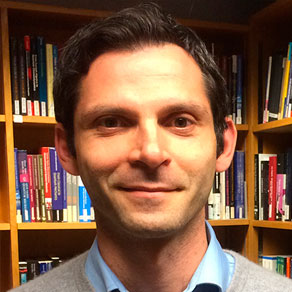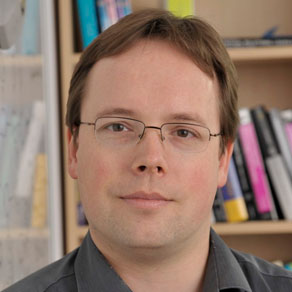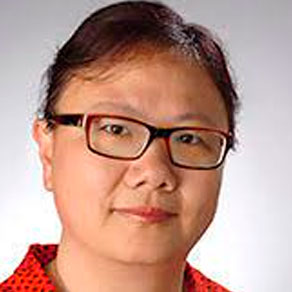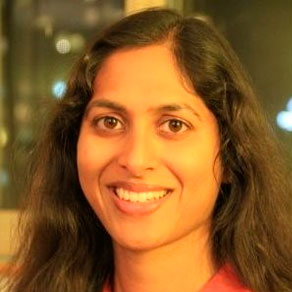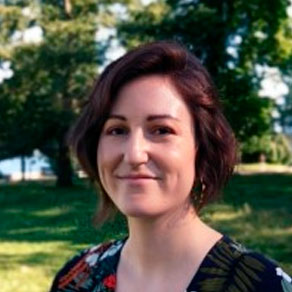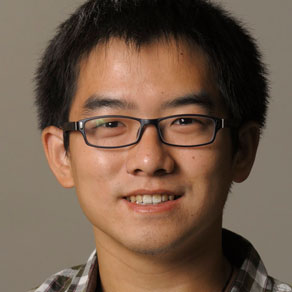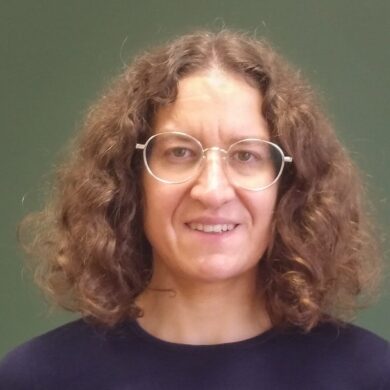
Liza Mijovic
[introductory/intermediate] Deep Learning & the Higgs Boson: Classification with Fully Connected and Adversarial Networks
Summary
The Higgs boson is a fundamental particle, responsible for the origin of mass. How is machine learning used to investigate its properties in the data by the Large Hadron Collider at CERN? These lectures challenge you to find out. You will be faced with a tricky Higgs classification problem, in which the classification has to be independent of a specific property of the events. Our goal will be to solve this problem with an adversarial neural network, an architecture closely related to generative adversarial networks. Upon completion, you will have gained an overview of machine learning challenges in particle physics, and acquired skills to solve non-standard machine learning problems in Keras and Tensorflow.
Syllabus
- Lecture 1: The Higgs boson and event classification.
After this lecture, you will be able to perform event classification with a fully connected neural network and evaluate classification performance using Keras API. - Lecture 2: Solving the background sculpting challenge.
This lecture will provide you with hands-on knowledge of manipulating neural networks in Tensorflow. - Lecture 3: Putting it all together: event classification with adversarial neural network.
Finally, you will create an adversarial network, and compare its classification performance to the fully connected network.
References
[1] Introduction to the Higgs boson: CERN, https://home.cern/science/physics/higgs-boson/how
[2] Gilles Louppe, Michael Kagan, Kyle Cranmer, Learning to Pivot with Adversarial Networks, https://arxiv.org/abs/1611.01046
[3] Chase Shimmin et al, Decorrelated Jet Substructure Tagging using Adversarial Neural Networks, https://arxiv.org/abs/1703.03507
[4] Course materials will appear here: https://github.com/lmijovic/DeepLearn2023_Spring_HiggsClassification
Pre-requisites
We will work in Python3 and Tensorflow2. Please install a working environment with the packages needed to run the tutorials: https://github.com/lmijovic/DeepLearn2023_Spring_HiggsClassification, and have ~ 1GB of free disk-space available. Please check the instructions on the course page one week ahead of the course, to test your environment and download the data. I will aim to provide a binder and google colab as a backup.
Short bio
Dr. Liza Mijovic works at the ATLAS experiment at the Large Hadron Collider (LHC), CERN. ATLAS is one of the LHC detectors. It is an international collaboration of about 3,000 scientists which use data taken by ATLAS to perform research in high energy particle physics. Liza investigates the Higgs mechanism, which explains how elementary particles obtain masses. Due to the huge amount and complexity of the ATLAS data, machine learning plays a key role in her research. Liza is currently leading the Higgs data analysis at Edinburgh, and convenes the ATLAS group responsible for developing fast detector simulation for the future high-luminosity LHC.


